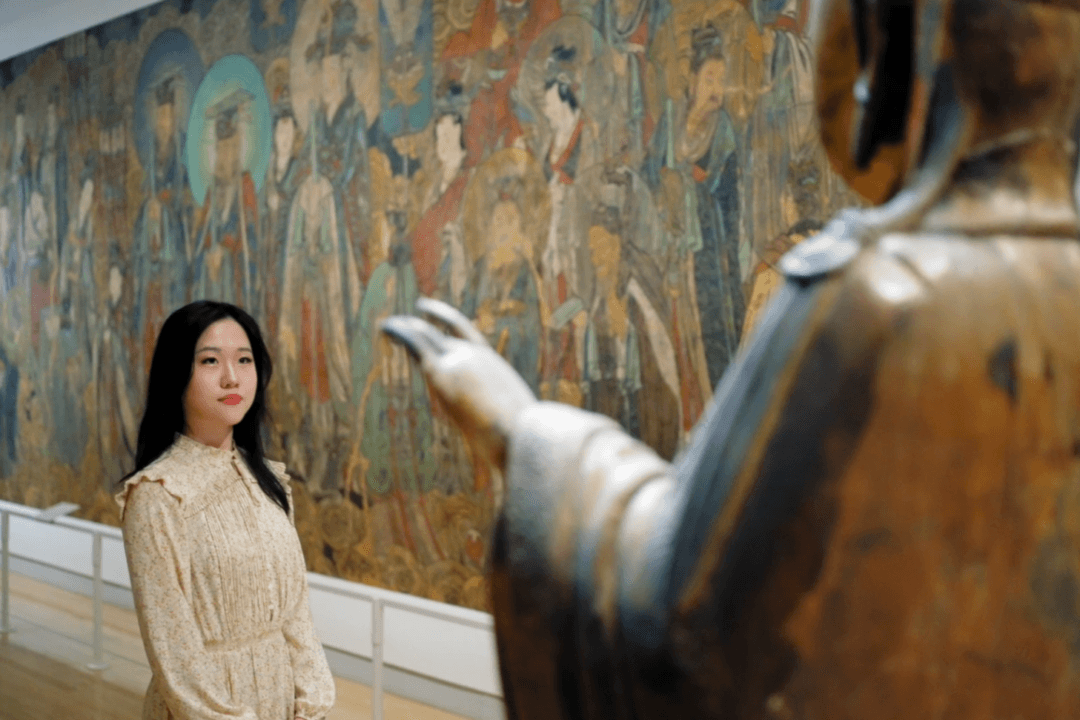The Chinese Communist Party (CCP) aims to sway Italian leaders and prominent figures so as to mold policy and public opinion in its favor, says a new report.
The CCP’s activities in Italy are part of a broader plan to expand the party’s influence globally, says the report published on Nov. 20 by researchers at Sinopsis, a project by non-profit AcaMedia z.u., in collaboration with the Department of Sinology at Charles University in Prague—and the Global Committee for the Rule of Law “Marco Pannella”.





